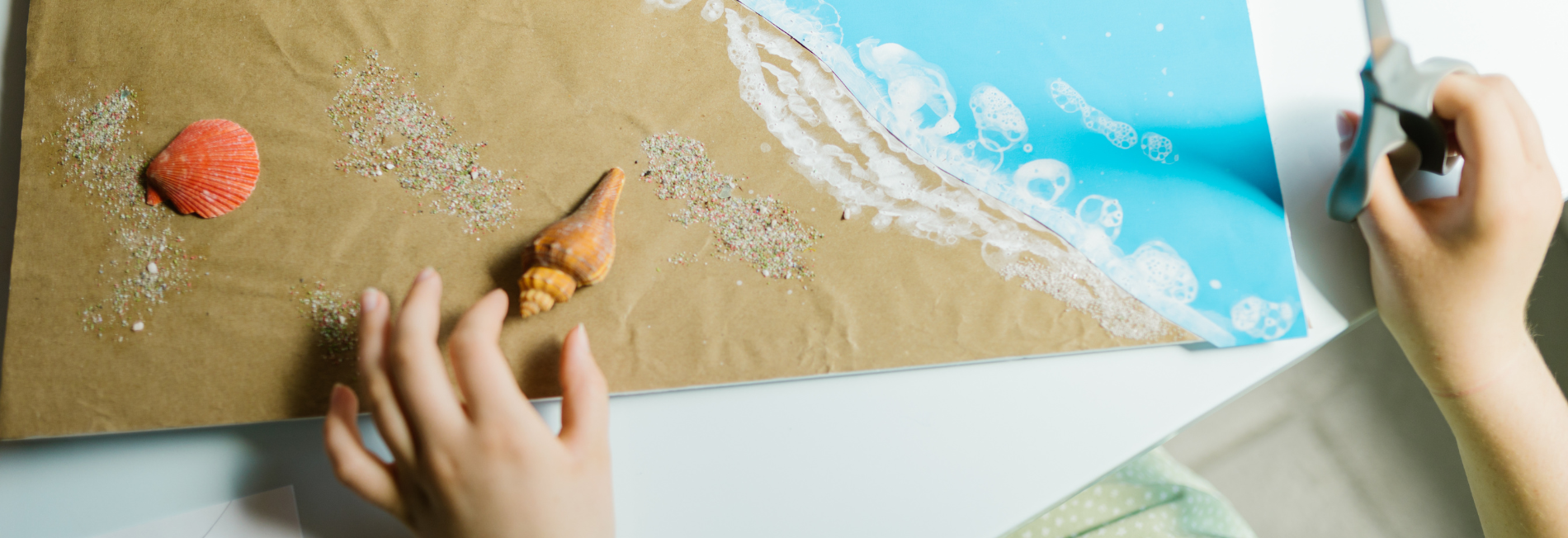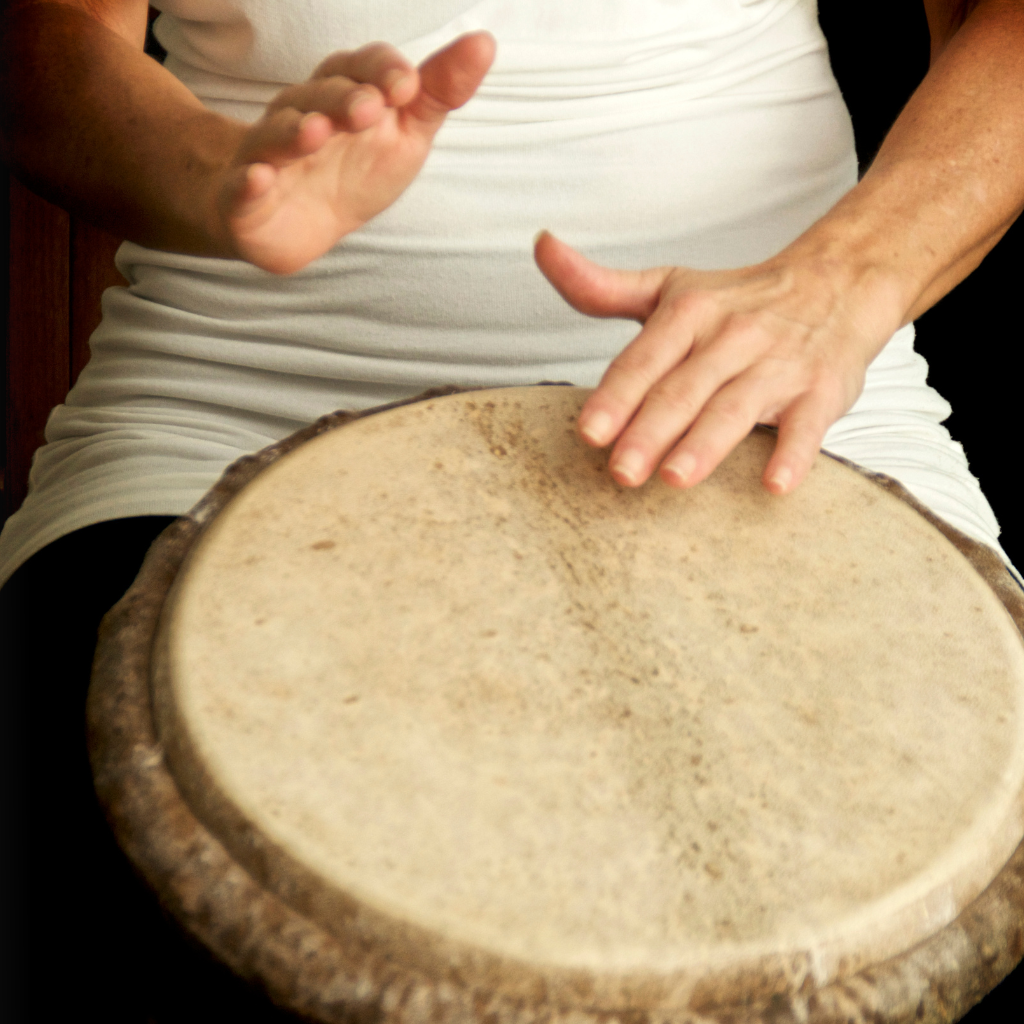SERVICES
Expressive Therapy
Expressive therapy is a creative and arts-based approach to counseling and healing that allows individuals to communicate and explore their emotions, thoughts, and experiences through various forms of expression, such as art, music, dance, drama, and writing. This therapeutic method offers a non-verbal and non-judgmental space where individuals can tap into their inner feelings and gain insights into their psychological well-being.
Expressive therapy can help individuals process trauma, manage stress, improve self-awareness, and enhance overall mental health and well-being by harnessing the power of artistic and creative expression as a therapeutic tool.
Call us
(571) 645-2222





